As the world hurtles toward a future where technology and biology converge, a West Coast biotech entrepreneur has taken the first step toward making gene-edited babies a reality. With a whopping $30 million investment, Preventive, a public-benefit company, is poised to revolutionize the field of heritable genome editing. But this bold move raises more questions than answers, and the implications are far-reaching.
The concept of gene editing has been around for decades, but its application in humans has been shrouded in controversy. The first scientist to successfully edit human embryos, He Jiankui, was imprisoned for three years in China. The procedure remains illegal in many countries, including the US, and doubts surround its usefulness as a form of medicine. Yet, Preventive's founder is undeterred, driven by a vision to prevent disease and improve human health.
Preventive's mission is to research and develop safe and effective methods for heritable genome editing. The company's goal is to correct harmful mutations or install beneficial genes in embryos, thereby preventing diseases that are currently incurable. The founders believe that this technology has the potential to revolutionize the field of medicine, but they are also aware of the risks and challenges associated with it.
One of the key challenges facing Preventive is the lack of regulatory clarity. In the US, the FDA has not yet approved any gene editing treatments for humans, and the company will need to navigate a complex web of regulations to bring its technology to market. Additionally, there are concerns about the ethics of gene editing, particularly when it comes to the potential for unequal access to this technology.
Despite these challenges, Preventive's founder remains optimistic about the potential of gene editing. "We believe that this technology has the potential to revolutionize the field of medicine and improve human health," he says. "We are committed to developing safe and effective methods for heritable genome editing, and we are working closely with regulatory agencies to ensure that our technology meets the highest standards of safety and efficacy."
Meanwhile, in a different corner of the tech world, a startup called Still Bright is working on a solution to the copper industry's dirty production processes. Copper is a crucial component in many modern technologies, from smartphones to electric vehicles, but its production is often associated with pollution and environmental degradation. Still Bright's founders believe that they have a solution to this problem, using a novel technology to clean up copper production.
The company's approach involves using a proprietary process to extract copper from waste materials, reducing the need for primary copper production. This not only reduces pollution but also helps to conserve natural resources. Still Bright's founders are optimistic about the potential of their technology to transform the copper industry.
"We believe that our technology has the potential to revolutionize the copper industry and make it more sustainable," says one of the founders. "We are working closely with industry partners to deploy our technology and make a positive impact on the environment."
As the world grapples with the challenges of gene editing and sustainable technologies, companies like Preventive and Still Bright are pushing the boundaries of what is possible. While there are many questions still to be answered, one thing is clear: the future of technology is being shaped by innovators who are willing to take risks and challenge the status quo.
In the end, the story of Preventive and Still Bright is not just about technology; it's about people and their desire to make a difference. It's about the entrepreneurs who are willing to take on the challenges of the future and create a better world for all of us. As we look to the future, it's clear that the possibilities are endless, and the only limit is our imagination.
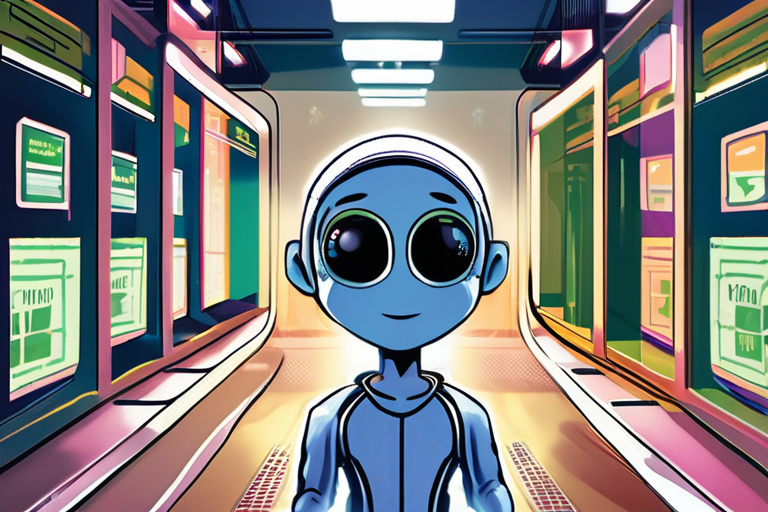


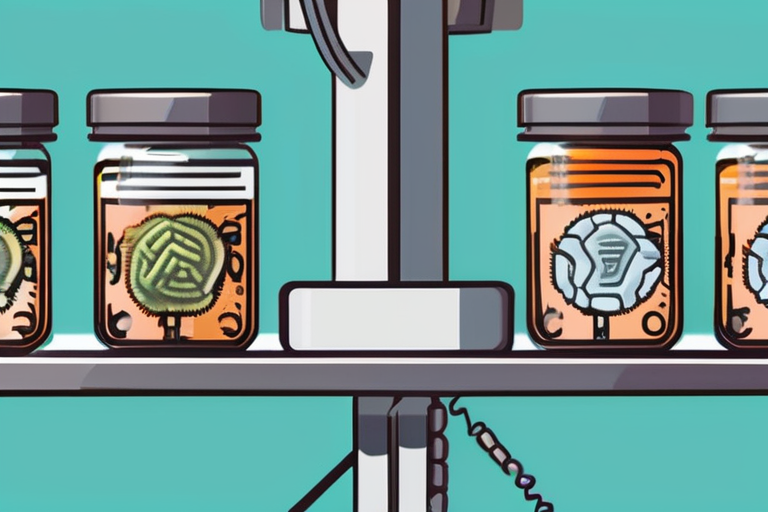

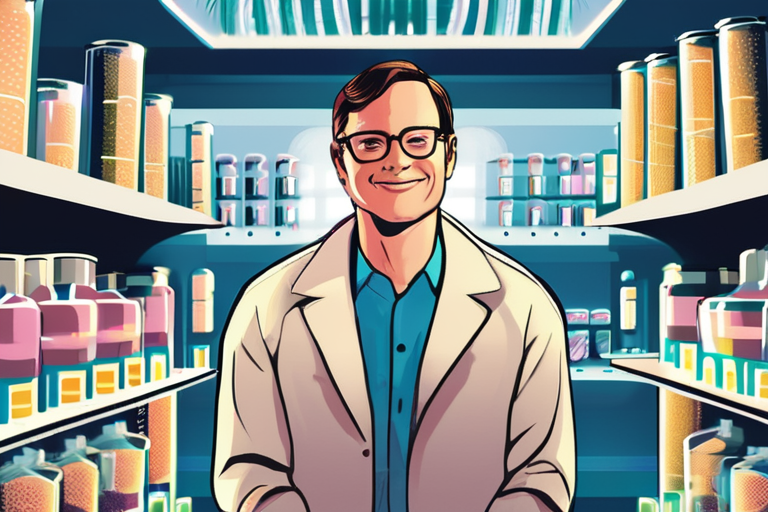
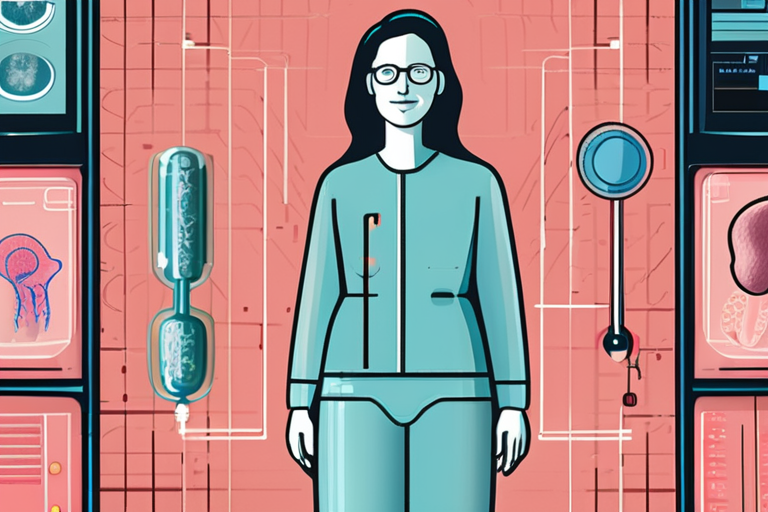
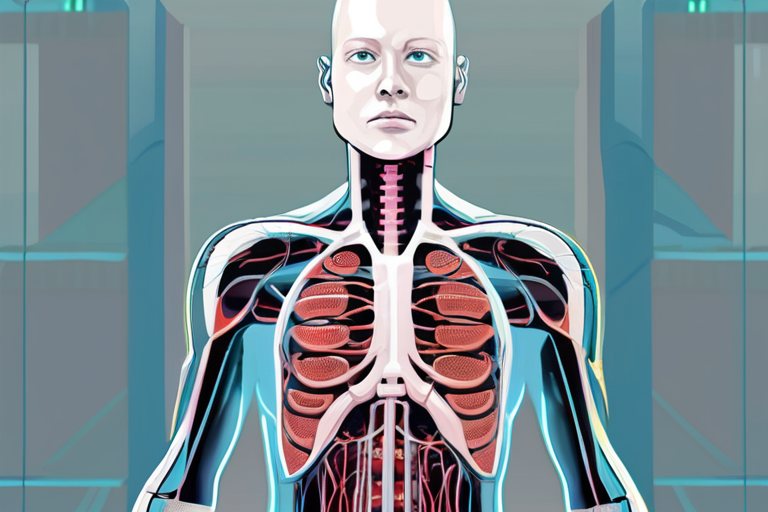
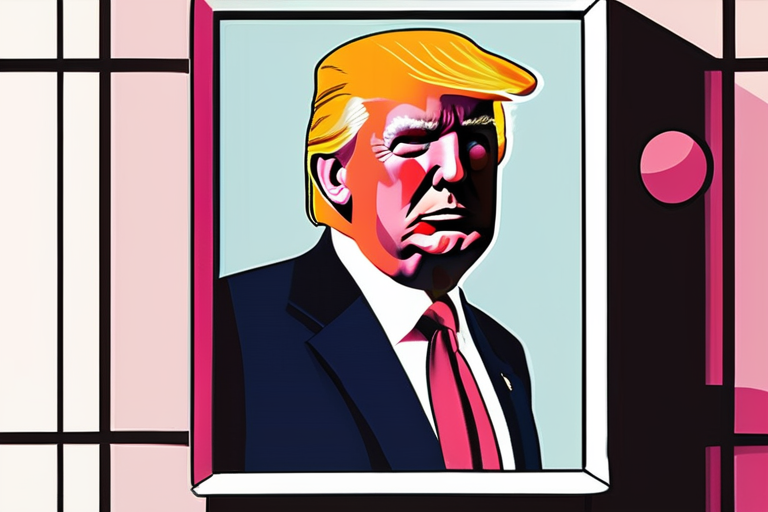
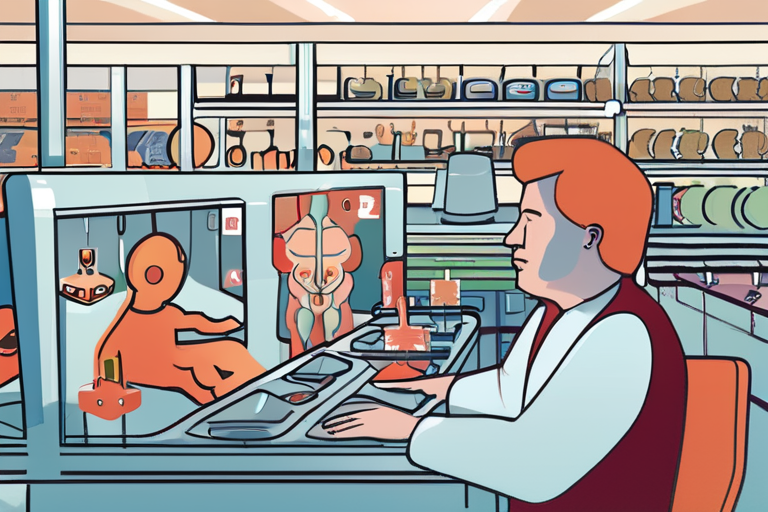


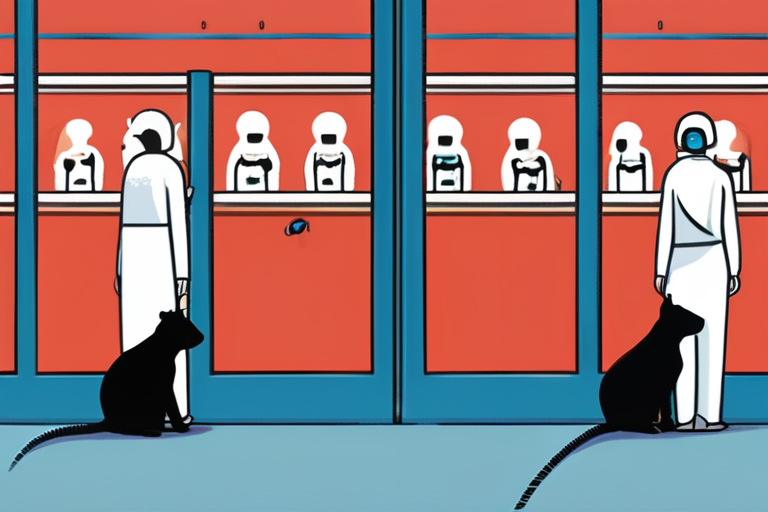


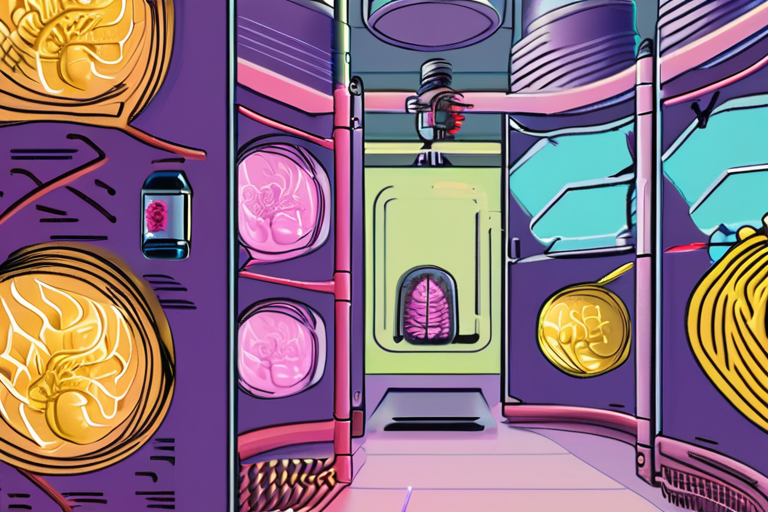

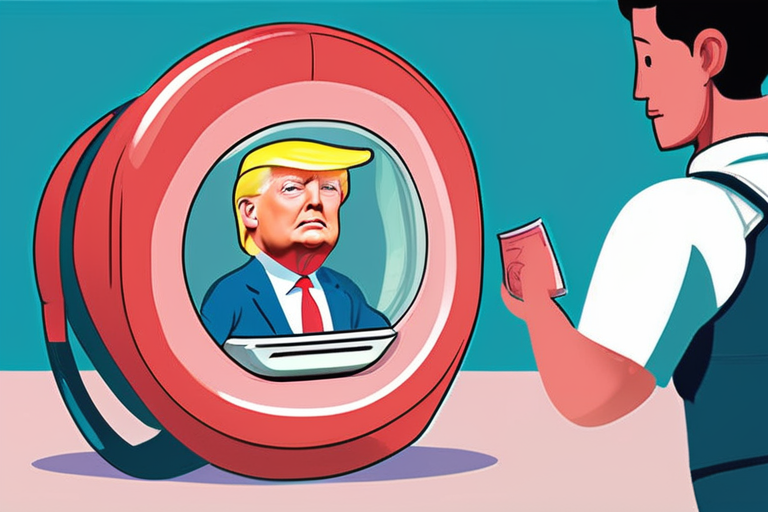

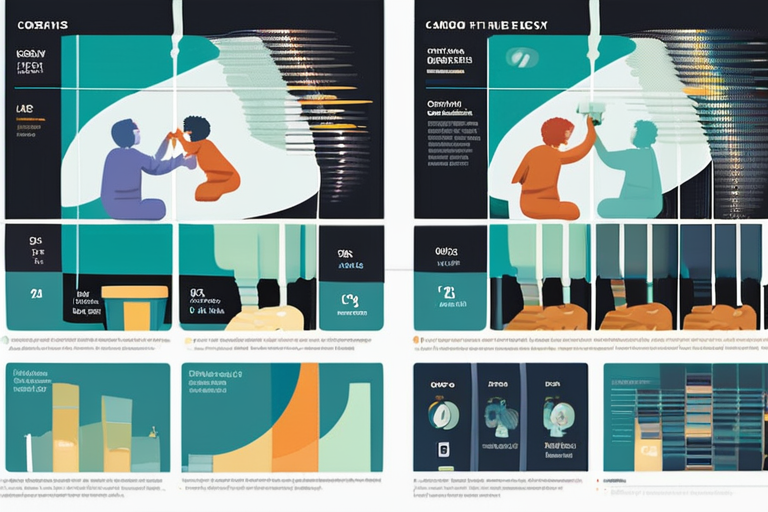


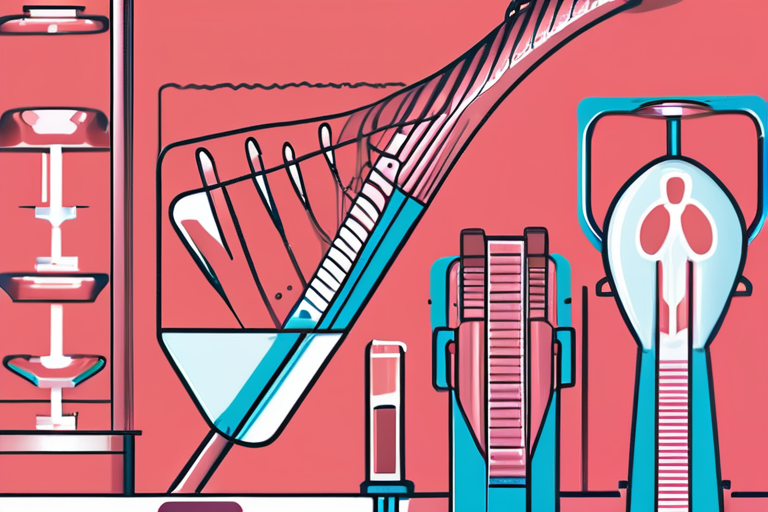
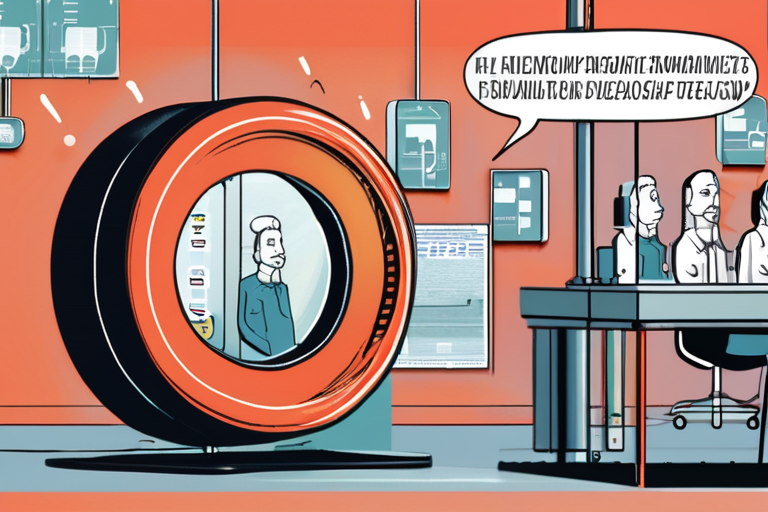
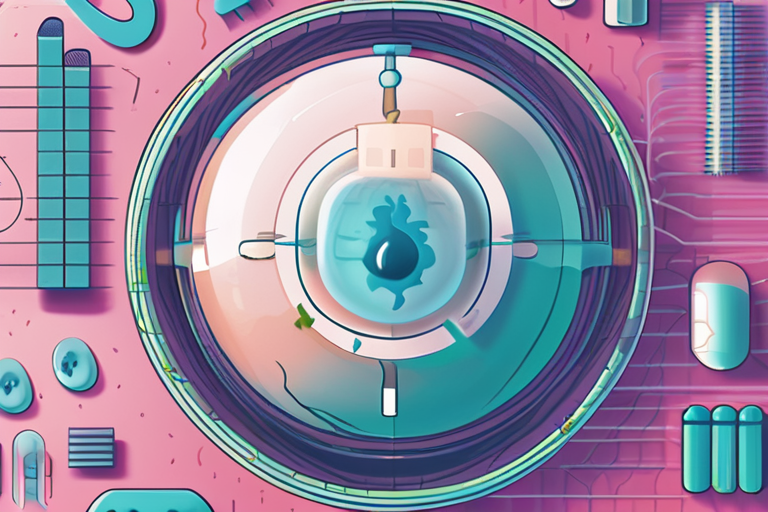
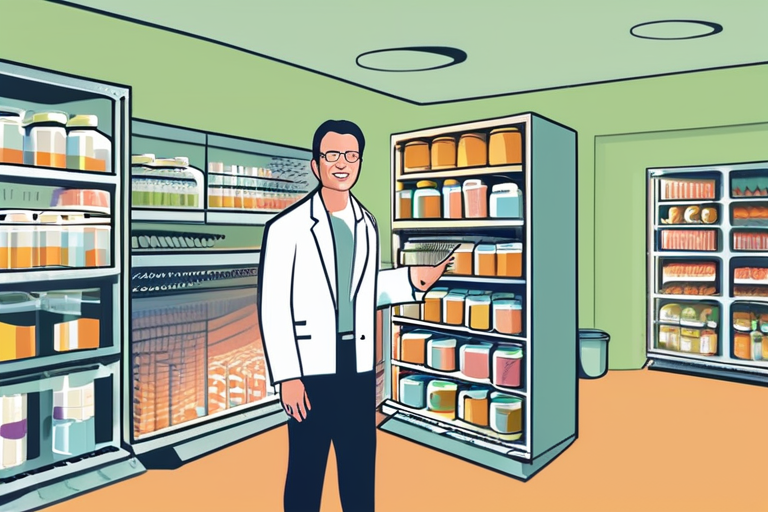
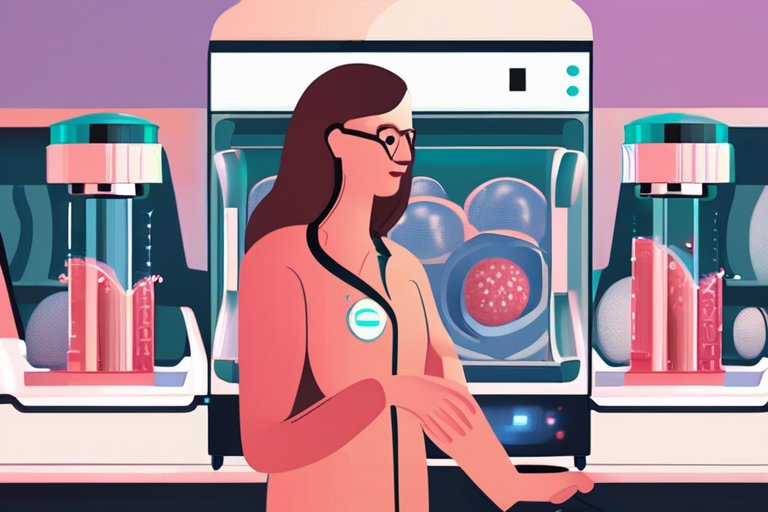
Share & Engage Share
Share this article